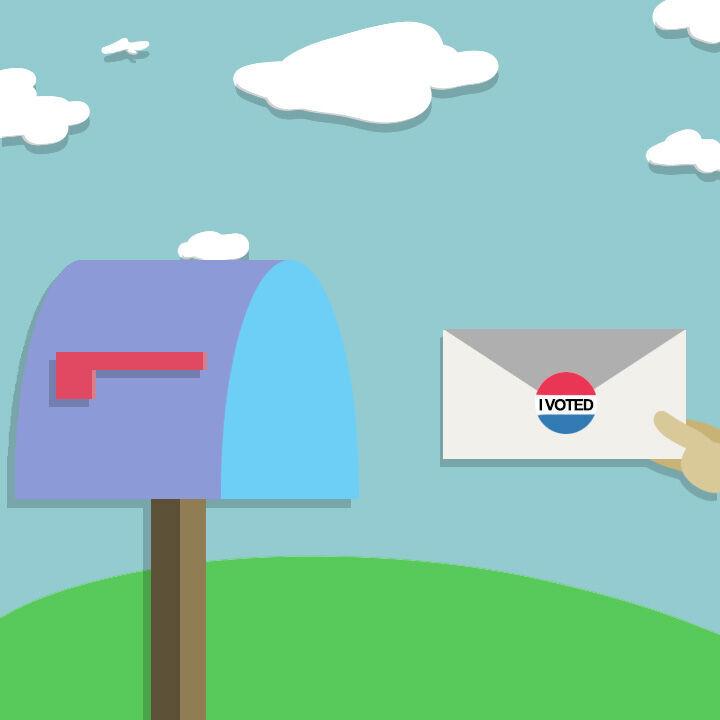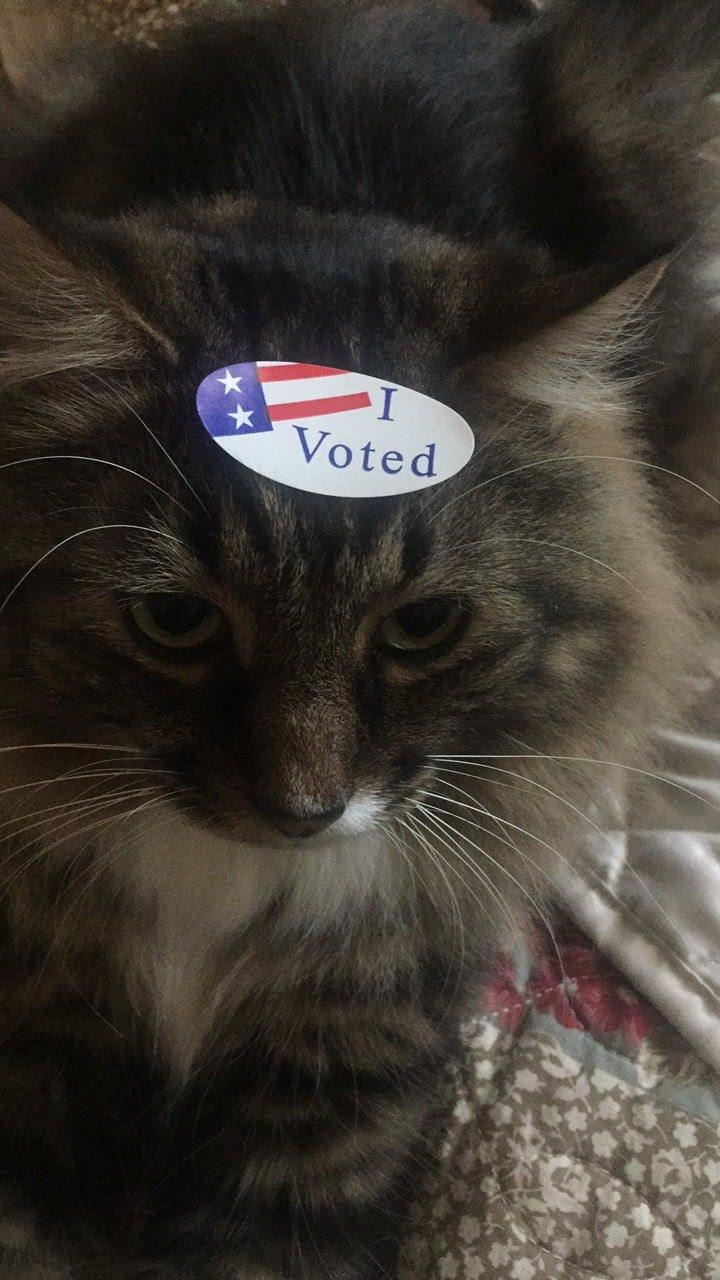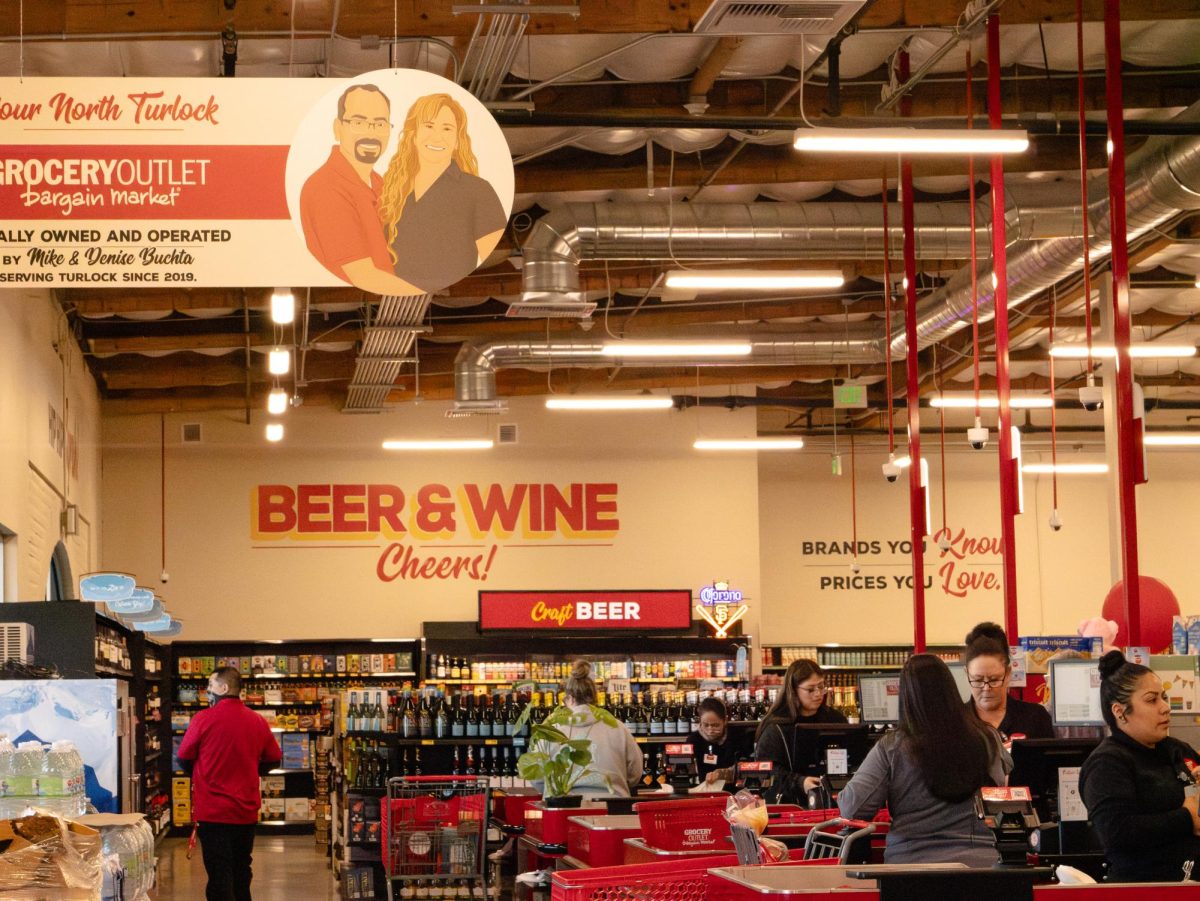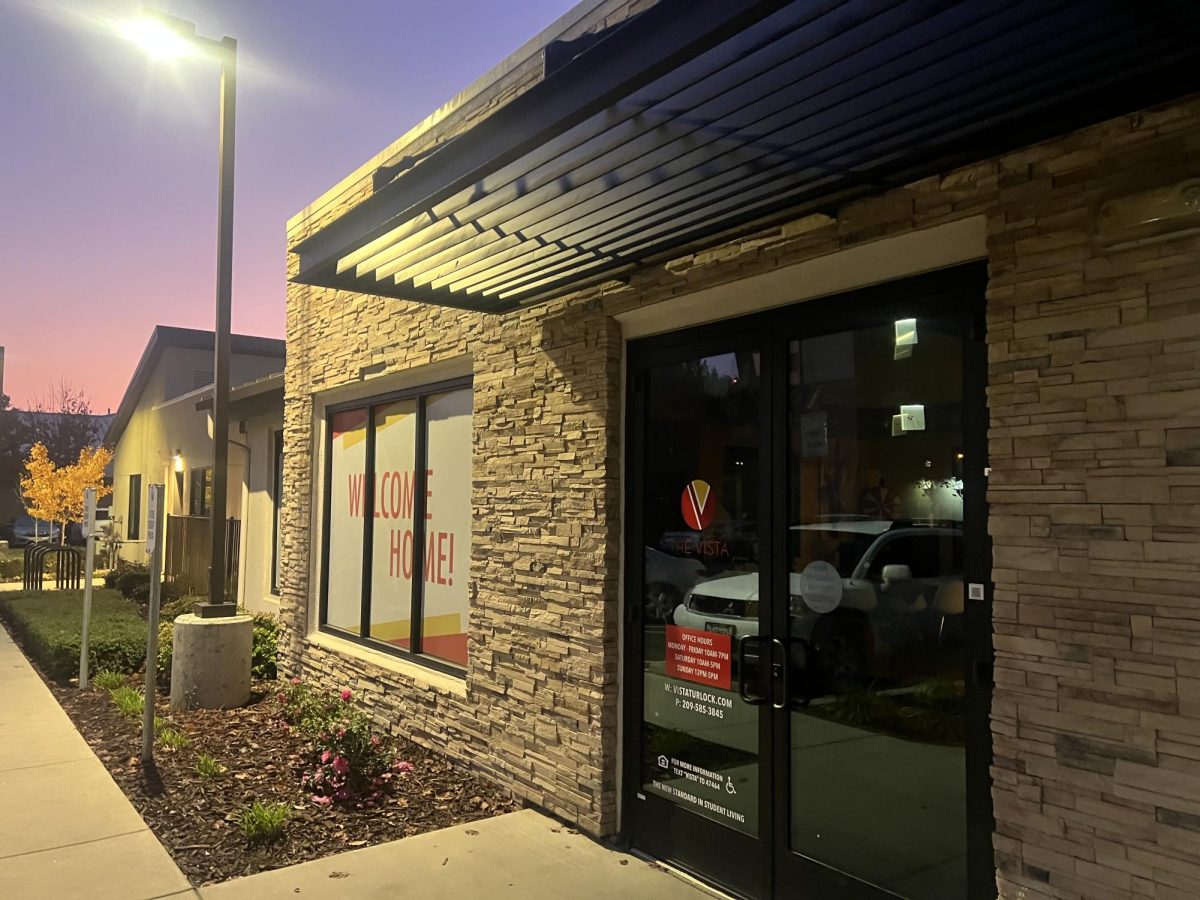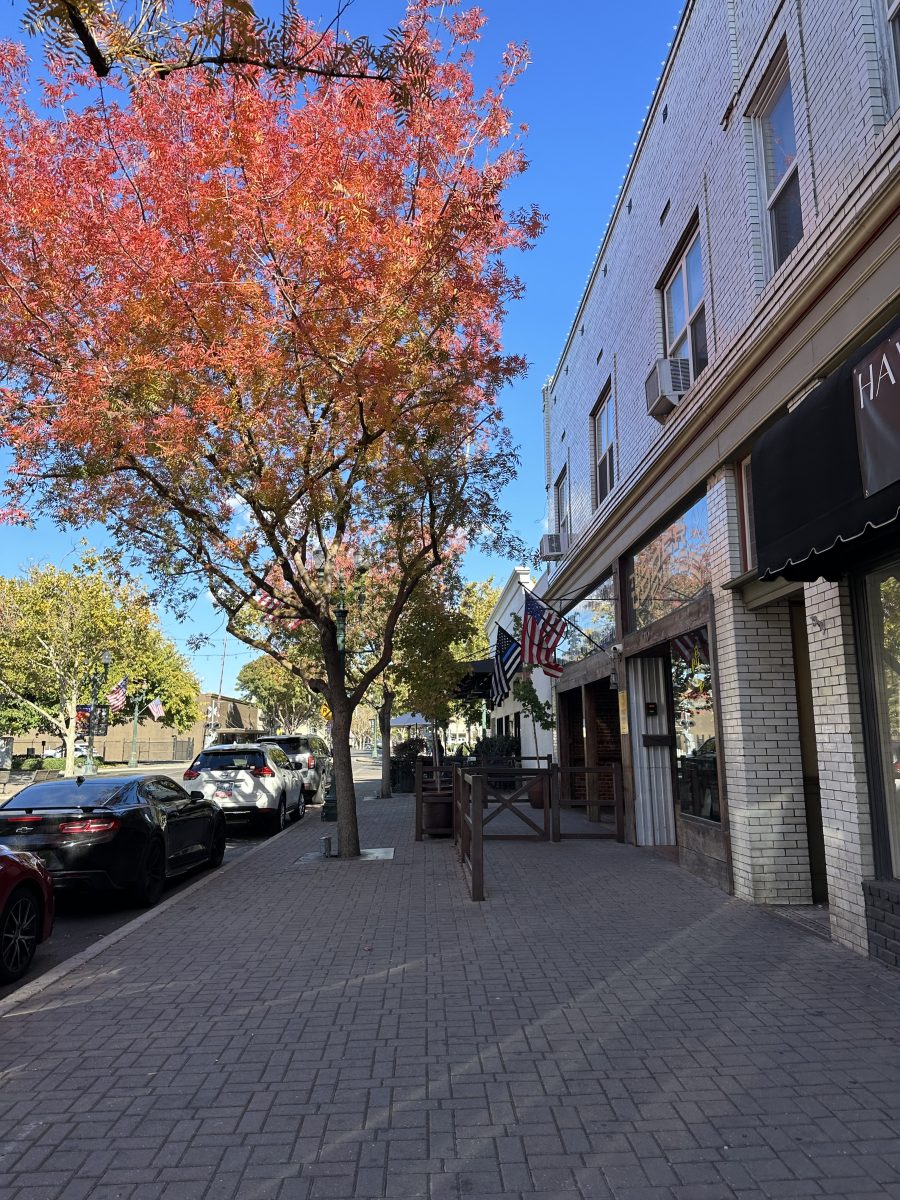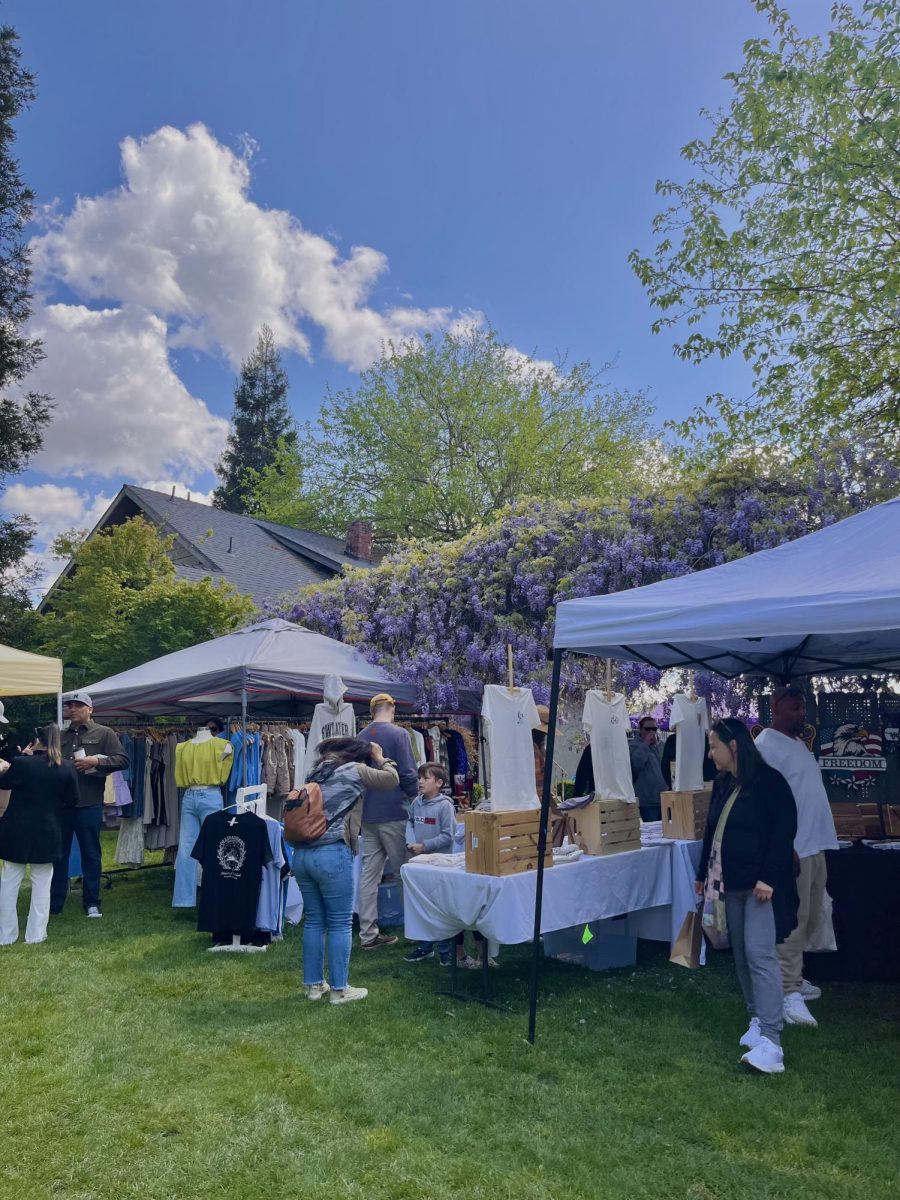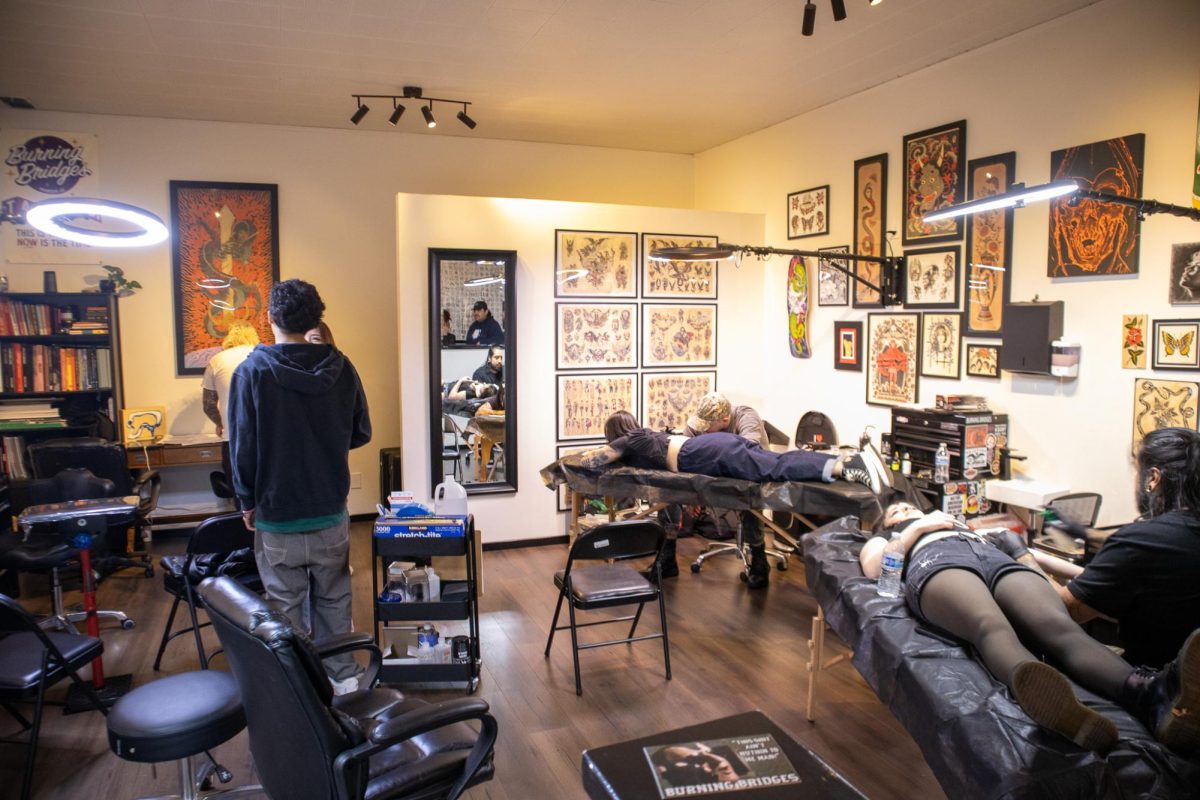We are days away from November 3 and the anxiety is creeping in for many in the United States. After all, we are expecting to see one of the most anticipated elections in modern history while the pandemic complicates our usual means of voting.
As the date gets closer, more and more Americans are between a rock and a hard place as they figure out whether it is even worth casting a vote. With conspiracy theories and complications with the United States Postal Service, we cannot blame one another for having these feelings.
After speaking with a few students, we asked if they could share their feelings on voting by mail this particular year.
Mariel Zurita (senior, Political Science) shared her experience with mail in voting. “I feel OK because I always drop off my ballot… I don’t send it through the mail, I get it through the mail. I fill it out and I always drop it off on election day.”
Karli Gleason (senior, Political Science) shared her experience as well. “So the past few elections, I’ve had my ballot mailed in, but I’ve forgot about it so I would forfeit it at the poll, and it’s the same exact packet, it doesn’t make any sense that it would be a problem.”
With the pandemic still lingering on, it is important that the American public continue to do what they can to stay safe and limit contact as much as possible. In May of this past year, California governor Gavin Newsom declared an executive order to allow registered voters in California to receive their ballots by mail.
Recently the USPS has faced challenges causing concern for those who were already hesitant to vote by mail. Conspiracies around voter fraud have caused wider speculation as to what is safer. But are there truly any other available options to us as the day looms closer?
“I’ve seen a lot of people talk about online voting; I personally don’t think that’s a great idea,” says Lincoln Mattwandel (senior, Political Science). “Voting by mail seems like the only avenue available, too… if we’re going to implement anything else, we’re going to need years of prep.”
Mattwandel also talked about his experience of the voting by mail system in his home state of Oregon. “I think it’s a necessity (mail in voting), but there’s inevitably going to be some issues with just so many states doing this for the first time. It’s not an easy task.”
Marcelina Hernandez (senior, Political Science) expressed a different view on other options for voting. “It’s complicated because even technology sometimes doesn’t work or can be infiltrated, but if it’s possible [we should] do it online. We can just do it on the phone,” said Hernandez.
Hernandez continued to talk about how much easier and convenient it would be to do everything online adding, “I think the only possible solution is online since everything now is online.”
As seen over time, things certainly do change, but the future of online voting has still appeared bleak as the United States continue to see cyber attacks from other countries. In regards to the idea of voting by phone, it would be difficult to confirm identities if it were to be allowed.
Even though online and phone-in voting are not valid options at this time, according to Kenya Gonzalez (senior, History), the internet is still a go-to resource for all your answers to voting and elections.
“The internet is always your best friend,” Gonzalez says. “I guess most of my concerns came from just not really knowing exactly what was going to happen and what I should be doing. So you know, Google it. Try to figure out what’s going on. You need to be prepared for it because it’s obviously a lot scarier when you don’t know what the heck is going on.”
Modern technology has at least helped a lot with improving getting information out to voters. Hernandez shared her thoughts on some ways to get that information. “There’s a lot of media coverage. If you can just look at both sides. You know there’s you can go on towards the left and go to CNN. Towards the right you can go to Fox News. Or you can just be in the middle.”
Hernandez reccommends a sites called Real Clear Politics. “[It’s] a website that shows you everything and it’s basically neutral… [it] gives you a lot of insight from both sides all in one.”
Hernandez believes that doing research and looking into both viewpoints is the best thing you can do to be prepared.
As we navigate yet another new experience, it is no wonder that we are hesitant to approach a new reality, whether it is temporary or not. Gleason shares some encouragement for those who are having a hard time seeing why their vote matters. ”For people who are stressed about our options, there’s not much comfort that we’re even getting,” she says. “There’s just not a lot of hope right now… I think it’s still important especially for those who already have been voting to keep voting.”
Although there is expected to be a rise in both mail-in and absentee ballots this coming election, it’s important to note that in-person voting must still be allowed across the country. If you choose to vote in person, your mail in ballot will become invalid, and vice versa. It is a federal crime to vote twice.
Mail-in ballots will be sent out on October 5 and some polling places will open as early as the following day. For those electing to vote by mail, it’s important to completely and correctly fill out your ballot before taking it to the post office or dropping it off. It’s also important to make sure that your mail in ballot is postmarked by November 3.
If you are feeling uncomfortable about mailing your ballot, there is the option of drop off as well as voter service centers to help with any assistance you may need. The counties of Stanislaus, San Joaquin, Merced, Madera, and Fresno have links provided for those polling places/drop off/voter assistance places listed. For other counties in California, the California Secretary of State Alex Padilla’s website has more links to places to vote.
The last day for Californians to register to vote will be October 19. For more information on important dates, check out votesaveamerica.com. From that link you can also access other states if you happen to be registered to vote elsewhere.

